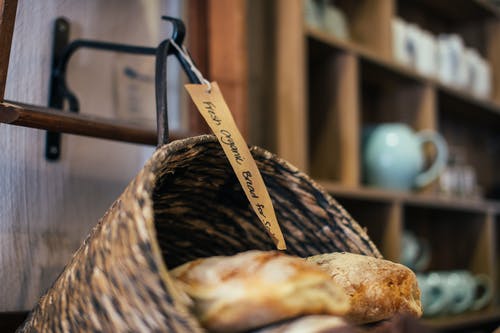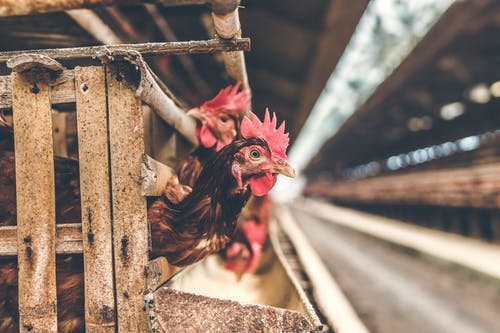Consumer advocacy groups are taking on food industry giants for alleged deceptive marketing practices.
Class-action litigation against food companies reached an all-time high in 2020 with 220 lawsuits, up from 45 ten years ago, according to law firm data. Many of these suits are brought by advocacy groups that are becoming more and more determined to take on food industry giants, pursuing litigation to addressing what they believe is deceptive marketing practices that are endangering consumers.
The litigation has a lot to do with claims being made by these companies that are drawing shoppers in, such as Sargento cheeses containing “no antibiotics” and Tyson using “humane and environmentally responsible production” to raise its chickens while providing workers “a safe work environment.” These are broad, yet potentially very impactful claims that many customers rely on when making purchases, and The Organic Consumers Association, the Family Farm Action Alliance and the Animal Welfare Institute, among the nonprofit organizations, say that exaggerated marketing can easily trick them.
“My family tries to eat as sustainably as possible, and we don’t mind paying a premium for products that are advertised as such, but it really raises my hackles when companies are dishonest about what they are selling,” said Dezzi Rae Marshall, a career counselor from Los Angeles and lead plaintiff in a lawsuit filed in June against Red Lobster. The suit claims the restaurant’s marketing of maintaining an environmentally sustainable supply chain is deceitful.

A recent complaint filed with the Federal Trade Commission (FTC) questions Tyson’s “all natural” claims, as well, along with its “safe work environment.” The complaint alleges the chickens are “mass-produced in crowded sheds contaminated with antibiotic-resistant pathogens, and after slaughter, they are bathed in chemical disinfectants.” It also point to the fact that “39 Tyson processing plant employees have died of COVID-19 and 12,500 others had become infected, four times more cases than its biggest competitors.”
Tyson responded to the COVID allegations, stating it has “worked from the very beginning of the pandemic to follow federal workplace guidelines and has invested millions of dollars to provide employees with safety and risk-mitigation equipment…Our top priority is the health and safety of our workers and we’ve implemented a host of protective measures at Waterloo and our other facilities that meet or exceed CDC and OSHA guidance for preventing COVID-19.”
One of the two recently filed lawsuits against Sargento refers to lab tests that found trace amounts of antibiotics in its cheeses. Sargento has respond that the amount detected is “so minute that it represents the equivalent of less than half a teaspoon of water in an Olympic-sized swimming pool.”
These companies and others, in general, contend that most of the claims made against them are meritless. Advocates, too, have suggested that the majority of litigation could be avoided simply with more federal oversight. There are bills being introduced in an attempt to address this. In the meantime, though, plaintiffs continue to emerge. Pooja S. Nair, a corporate food industry attorney with the firm Ervin Cohen & Jessup, explained, “The landscape for businesses has become increasingly hostile. It’s forcing companies to be more creative, and careful, in how they advertise their products.”
Sources:
Lawsuits Over ‘Misleading’ Food Labels Surge as Groups Cite Lax U.S. Oversight


Join the conversation!